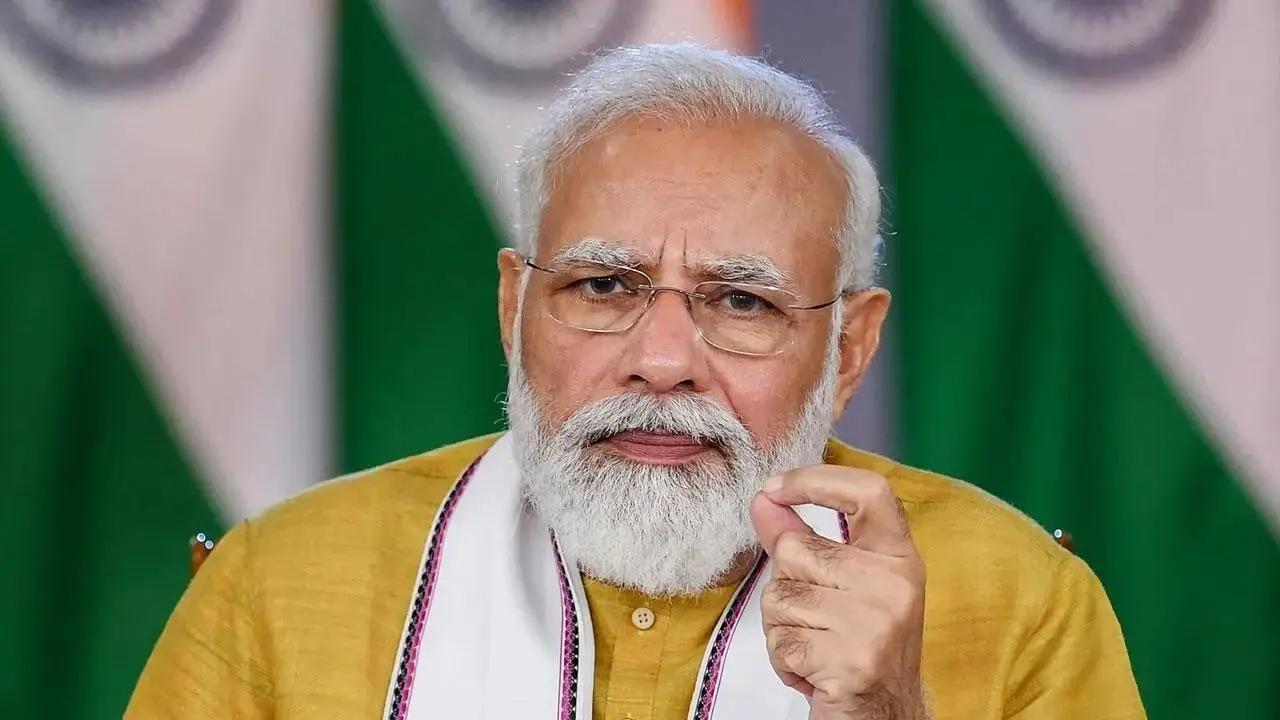If Afghanistan doesn’t return Bagram Airbase to those who built it—the United States of America—bad things are going to happen, warned former US President Donald Trump.
Bagram Airbase, the largest US military site in Afghanistan, has been described as the “original sin” of the evacuation in *Left Behind*, the US Senate Committee on Foreign Relations minority report released in February 2022. President Trump recently reiterated his intention to regain control of Bagram during his state visit to the UK. However, this isn’t the first time he has brought up the issue.
When the US withdrew from Afghanistan in 2021, many Republicans criticized the Biden administration for not retaining Bagram Airbase. They argued that the US could have at least kept control of this crucial facility. From this standpoint, Trump’s focus on Bagram makes sense, as it addresses a grievance among his supporters regarding the previous administration’s handling of the US exit, explains Dr. Paul Poast, Deputy Dean of Doctoral Education, Social Science Division, and Associate Professor in the Department of Political Science at the University of Chicago.
Trump has claimed that the US effectively “gave the Taliban Bagram for nothing.” It is important to recall, however, that the decision to withdraw US forces was based on an agreement struck in 2020 during Trump’s first term, with the withdrawal itself completed under President Joe Biden in 2021.
According to *Left Behind*, Secretary of Defense Lloyd Austin defended the decision to vacate Bagram during testimony before the House Armed Services Committee. Austin argued that maintaining the airbase would have required putting as many as 5,000 US troops in harm’s way just to operate and defend the facility.
In March, speaking to the BBC, Trump shared that his desire to retain Bagram Airbase was not primarily about Afghanistan, but about countering China. During a press conference on his UK state visit alongside British Premier Keir Starmer, Trump emphasized the strategic importance of Bagram, saying, “It’s an hour away from where China makes its nuclear weapons.”
What Trump referred to is most likely China’s Lop Nur nuclear testing site located in the desert of the Xinjiang Uyghur Autonomous Region. Under the Doha Agreement, however, the United States pledged not to use or threaten force against the territorial integrity or political independence of Afghanistan, nor interfere in its internal affairs.
Professor Poast notes that having access to the Bagram Airbase could be quite useful for the US. It would enhance American capabilities to conduct operations in or near China—as Trump himself indicated—and Iran. This suggests that Trump might have recognized the broader value of maintaining a strong US global military presence.
A BBC Verify investigation conducted in July found that the nuclear testing facility lies roughly 2,000 km away in northwestern China. After reviewing 30 satellite images from late 2020 through 2025, the investigation found minimal activity at the base since the Taliban’s return and uncovered no evidence of any Chinese military presence there.
Zabihullah Mujahid, the chief Taliban spokesman, addressed the issue on X (formerly Twitter), urging Washington to pursue realism and rationality rather than repeating past mistakes. He reaffirmed that the Islamic Emirate prioritizes Afghanistan’s independence and territorial integrity in all bilateral negotiations with the United States.
Mujahid emphasized that, under the Doha Agreement, the US pledged not to use force against Afghanistan’s sovereignty or interfere in its internal affairs. Therefore, the Taliban expects Washington to remain faithful to these commitments and adopt a policy grounded in realism and rationality instead of repeating failed approaches.
The regional implications of any attempt by the US to re-establish its presence at Bagram could be significant. Neighboring countries should be cautious of the potential consequences. Pakistan, which has recently risen in prominence and walks a fine geopolitical balance between the US and China, must be particularly wary of an American base in the region.
Furthermore, Pakistan and Saudi Arabia are now bound by a landmark Strategic Mutual Defence Agreement, which treats an attack on either country as an attack on both. The world is watching closely, and some Arab nations may enter into similar mutual defense deals.
The re-establishment of a US presence at Bagram Airbase could force Pakistan into a perilous geopolitical tightrope, caught between its alliances and regional security concerns. The situation remains complex, and the international community awaits developments with keen interest.
https://www.thenews.com.pk/tns/detail/1346842-bagram-back-in-play
